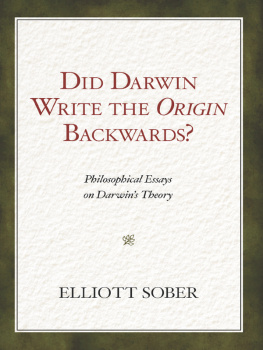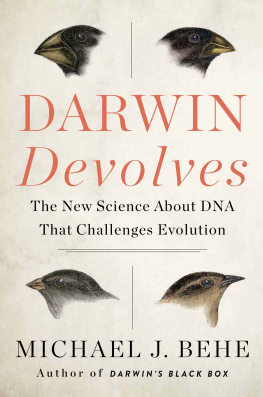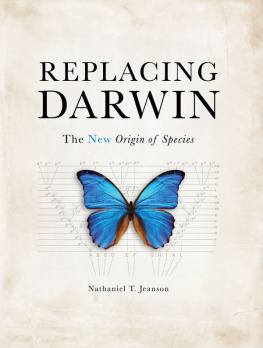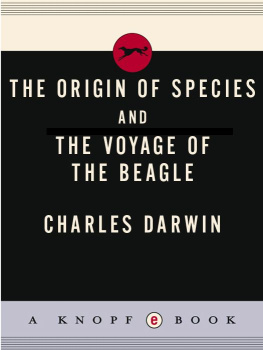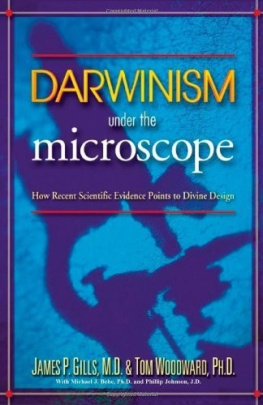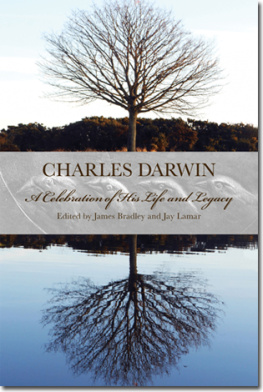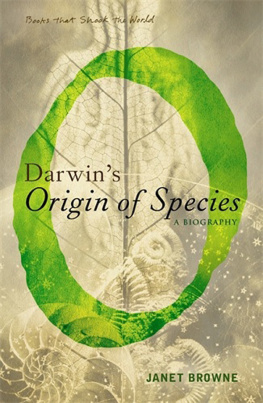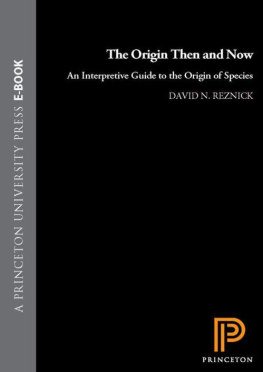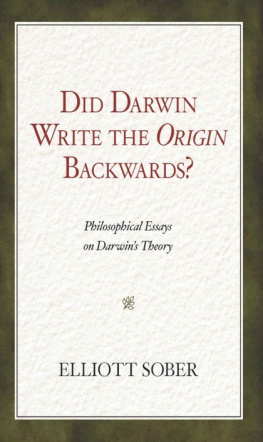First published in Great Britain by
PEN AND SWORD ARCHAEOLOGY
an imprint of
Pen and Sword Books Ltd
47 Church Street
Barnsley
South Yorkshire S70 2AS
Copyright Janet Owen, 2013
Mammoth image in text:
From the frontispiece of Prehistoric Times (Lubbock, 1913).
ISBN 978 1 78159 266 3
EPUB ISBN: 978 1 47382 261 0
PRC ISBN: 978 1 47382 213 9
The right of Janet Owen to be identified
as the author of this work has been asserted by her
in accordance with the Copyright, Designs and Patents Act 1988.
A CIP record for this book is available from the British Library.
All rights reserved. No part of this book may be reproduced or transmitted
in any form or by any means, electronic or mechanical including photocopying,
recording or by any information storage and retrieval
system, without permission from the Publisher in writing.
Printed and bound in England by
CPI Group (UK) Ltd, Croydon, CR0 4YY
Typeset in Times by CHIC GRAPHICS
Pen & Sword Books Ltd incorporates the imprints of
Pen & Sword Aviation, Pen & Sword Family History, Pen & Sword Maritime,
Pen & Sword Military, Pen & Sword Discovery, Wharncliffe Local History,
Wharncliffe True Crime, Wharncliffe Transport, Pen & Sword Select,
Pen & Sword Military Classics, Leo Cooper, Remember When,
The Praetorian Press, Seaforth Publishing and Frontline Publishing
For a complete list of Pen and Sword titles please contact
Pen and Sword Books Limited
47 Church Street, Barnsley, South Yorkshire, S70 2AS, England
E-mail:
Website: www.pen-and-sword.co.uk
Contents
Foreword
W ho was John Lubbock? In his own time he was well known. Since his death in 1913, however, all except family and a few of those who share one of his many passions have forgotten him. Now, with the centenary of his death upon us, there seems to have been a resurgence of interest. Two recent full-length biographies have preceded this work and, at his home of high Elms in Kent, there has been a lottery-funded initiative to uncover more about him. In the years since his death at least two short biographical articles have referred to him in their titles as the Forgotten Man.
To answer the initial question, John Lubbock was a complex man. He has been described as a natural scientist, politician, banker, entomologist, social reformer, anthropologist, archaeologist and many other labels besides. Perhaps this wide variety is one reason behind his obscurity. It has often been said that if he concentrated on fewer subjects, his achievements might have been better known.
John is also my great grandfather. In my family, his name is well known and he stands out amongst a number of high achievers for the sheer breadth of his activity. Once a year, his descendants meet for a family picnic at the former estate of high Elms. The house sadly burnt down in 1967 but there is still much that has been preserved where we celebrate his life and work.
In writing this book, Janet Owen has produced a fascinating new twist on the man. Her achievement is based on many years hard work assembling facts and making connections that must have been very hard to find in some cases. I have followed the course of this task and the new ideas that have emerged during this time with great interest.
The book concentrates on Johns anthropological and archaeological activities. As Janet explains, circumstances caused John and Darwin to be brought together at an early age and the two seemed to hit it off right from the beginning. It helped that John had his own inclination towards natural history, a certain enquiring mind, and, later, the time and money to pursue his interests.
Darwins Apprentice is aptly named. The book takes us through three stages of development of the apprentice. The first is John growing up, learning from the master and watching the development of On the Origin of Species (1859). Even in this early period, Darwin was anxious that John should be kept on side as he had begun to value the young mans opinion highly. The second period starts from the publication of that book and chronicles the use of Johns collection of objects as supporting evidence for Darwins theories. On the Origin of Species largely left the reader to draw their own conclusions as to the implications of evolution for Mankind. Later works, including those by John and Darwin, took up the challenge of exploring the past of our species. These also required an evidential base, a part of which John attempted to provide. The third stage, during the latter part of Johns life was after the case had largely been made. By this time, the contents of the collection served as a more traditional museum collection mainly referring to things past.
The world-spanning sources of the collection and the variety of routes by which it came together show how Darwins apprentice learned his lessons well and became a true champion of the cause he espoused.
Lyulph Lubbock, 2012
Preface
D arwins Apprentice tells the story of an important yet forgotten Darwinist, John Lubbock, through the eyes of his prehistoric archaeological and ethnographic collection. Both man and collection are witness to an extraordinary moment in the history of science and archaeology the emotive scientific, religious and philosophical debate triggered by the publication of Darwins On the Origin of Species in 1859.
This book is a labour of love that began in 1984 when I first became acquainted with John. I volunteered as a teenager at my local museum in Orpington (Bromley Museum) and was asked to unpack and document some stone artefacts wrapped in old sheets of newspaper and stored in dusty brown boxes. As I worked through the collection, I discovered that these objects came from across the globe. Some places were familiar to me and others were a completely alien world. I knew there was a tantalising story that I wanted to uncover about the collector and his collection.
A decade later, I took the chance to study for a research doctorate parttime while I worked at the University of Leicester and later for Nottingham City Museums. I needed a topic that would fascinate me and still hold my interest late at night when burning the midnight oil. The decision was not a difficult one as I recalled the early voluntary work that inspired me to enter into a career in museums. I enrolled on a Ph.D. course at the University of Durham on the Collecting Activities of Sir John Lubbock, 1834-1913 (Owen, 2000), and have spent the last fifteen years piecing together the fascinating tale now contained within the covers of Darwins Apprentice. I am delighted that on the centenary anniversary of Johns death I have this opportunity to share my enthusiasm for his collection with a wider readership.
Darwins Apprentice makes use of unique events within the life of the collection to produce new insights into the man. It presents a broadly chronological narrative with every chapter focusing on a particular theme in Johns archaeological biography. Each is introduced with a short story inspired by his collection, drawing the reader in to explore a stage in Johns life and his involvement in the late nineteenth century turmoil of intellectual debate. After a twenty-five year acquaintance, I feel that I know John well enough to be on first-name terms, and I hope that you will also make a personal connection to his story as you read this book.
Johns collection is a wonderful example of the wider storytelling power of historic collections now kept in our museums across Britain. Every object that resides in a display case or sits in a museum store is a window into the lives of our ancestors, and all have rich tales to tell. Who collected me? Why? Where did I come from? How was I used? How did I end up here? Museums today frequently struggle to make use of these old collections from across the globe when they are telling their local story. However, they are important resources that add new and valuable insight into world histories that no documentary evidence on its own can provide.


